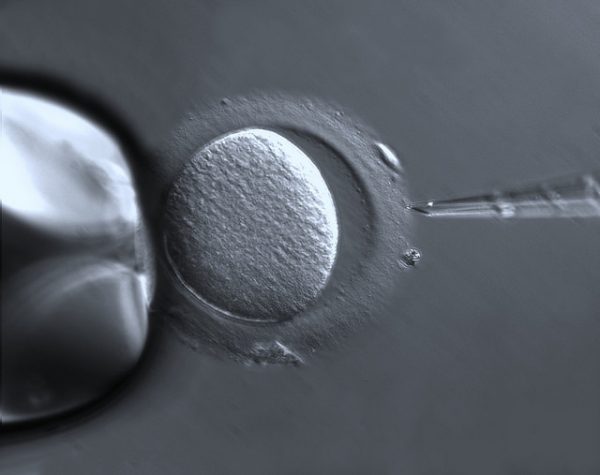
In Michelle Obama’s recent book, Becoming, she shares her experiences with infertility — including miscarriages and in vitro fertilization (IVF) — a subject often fraught with secrecy in the United States. She is certainly not alone: according to the Center for Disease Control, over 12% of women in the United States either have trouble conceiving or carrying a fetus in utero, and more than seven million women have reported using infertility services. Social science research helps us understand how women experience barriers to having biological children.
Issues with fertility come with a variety of social and psychological consequences. Many women do not feel supported by family and friends, and they may even feel stigmatized for their infertility. These unsupportive responses can lead to depression and other psychological distress, especially if women do not conceive or give birth later on. However, some research suggests that psychological distress may not be long lasting.
- Erica J. Mindes, Kathleen M. Ingram, Wendy Kliewer, and Cathy A. James. 2003. “Longitudinal Analyses of the Relationship between Unsupportive Social Interaction and Psychological Adjustment among Women with Fertility Problems.” Social Science & Medicine 56(10): 2165-2180.
- Julia McQuilan, Arthur L. Greil, Lynn White, and Mary Casey Jacob. 2004. “Frustrated Fertility: Infertility and Psychological Distress Among Women.” Journal of Marriage and Family 65(4): 1007-1018.
- Katerina Maximova and Amélie Quesnel-Vallée. 2009. “Mental Health Consequences of Unintended Childlessness and Unplanned Births: Gender Differences and Life Course Dynamics.” Social Science & Medicine 68(5): 850-857.
Women use various methods of coping with stigma. They withdraw from relationships where the feel stigmatized, they use humor, and even throw the stigma back on pregnant women that they view as undeserving mothers. And research shows that family structure and family responses affect how women cope. For example, in cultures that prioritize the nuclear family (biological parents and children) instead of the extended family, women may have a harder time coping with infertility.
- Natalie Anne Jansen and Jarron M. Saint Onge. 2015. “An Internet Forum Analysis of Stigma Power Perceptions among Women Seeking Fertility Treatment in the United States.” Social Science & Medicine 147: 184-189
- Katherine R. Hampshire, Mwenza T. Blell, and Bob Simpson. 2012. “‘Everybody is Moving On’: Infertility, Relationality and the Aesthetics of Family among British-Pakistani Muslims.” Social Science & Medicine 74(7): 1045-1052.
Technological advances in fertility treatments in past decades means there are more options for women who struggle with fertility. However, these treatments — unlike birth control — are often expensive and thus are still inaccessible to women of lower socioeconomic status.
- Leslie King and Madonna Harrington Meyer. 1997. “The Politics Of Reproductive Benefits: U.S. Insurance Coverage of Contraceptive and Infertility Treatments.” Gender & Society 11(1): 8-30.
- Ann V. Bell. 2009. “It’s Way out of my League: Low-Income Women’s Experiences of Medicalized Infertility.” Gender & Society 23(5): 688-709.

Comments